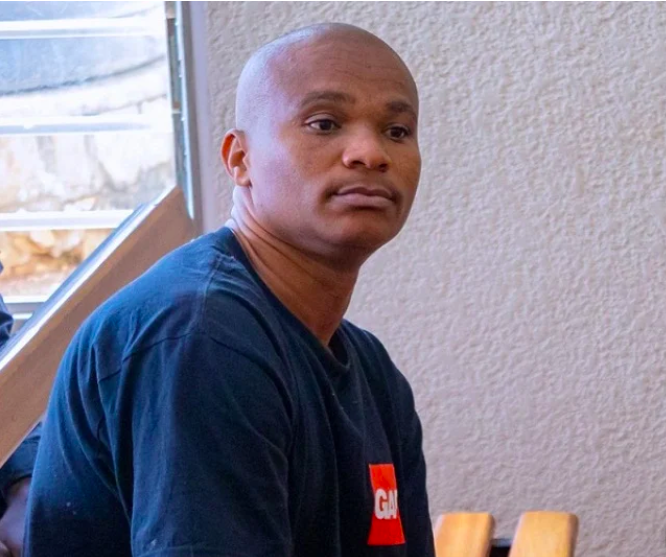On March 8, 2024, the Nyarugenge High Court in Kigali, Rwanda, delivered a decisive verdict in a high-profile case, sentencing Denis Kazungu to life imprisonment for a series of grave crimes, including deliberate murder and rape. Kazungu, found guilty on all ten charges against him, confessed to the killing of 12 women and one man, subsequently hiding their bodies in a pit he had excavated within his residence in the Kanombe district of Kigali.
The verdict was delivered in the absence of Kazungu and other concerned parties within the courtroom, marking a swift end to a trial that has captivated public and media attention. The judge’s ruling underscored the totality of Kazungu’s guilt across the ten charges, mandating a life sentence without parole.
Kazungu’s crimes, committed between 2022 and 2023, involved luring his victims to his home under false pretenses, such as offering employment or selling property. Once at his residence, the victims were restrained and threatened with death unless they surrendered their valuables or contacted family members for ransom. The culmination of these encounters was invariably rape followed by murder.
The discovery of 13 bodies, comprising 12 women and one man, in a concealed pit within Kazungu’s kitchen highlighted the brutality of his actions. While Kazungu has admitted to remembering some victims more than others, the evidence led to his apprehension, significantly aided by survivors who managed to escape and alert authorities.
In addition to the life sentence, the court ordered Kazungu to pay over 25 million Rwandan Francs in damages to the victims’ families, a sum significantly less than the over 100 million Francs initially sought. The highest individual compensation awarded was 12 million Francs, with some claims for damages dismissed due to insufficient evidence linking Kazungu directly to those deaths.
At 34, Kazungu expressed remorse during the trial, stating he did not understand what drove him to commit such heinous acts. His lawyer, Faustin Murangwa, has announced plans to appeal the life sentence, arguing that the acknowledgment of guilt and cooperation with the court should merit a less severe penalty.
































































